Pricing of extended-stay hotels and serviced apartments, also known as ‘aparthotels,’ has traditionally been a challenge for revenue managers as rates can vary drastically depending on the length of stay a guest seeks. However, it is vital hotel groups enhance their approach to pricing for this sector given the revenue opportunities it presents, especially as long-stay traveller demand ramps back up in 2021.
Unique Business Model = Unique Business Challenges
Extended-stay hotel rooms differ from most traditional hotel layouts, with the majority of spaces equipped with full kitchenettes and often providing other temporary-living amenities. While the extended-stay accommodation sector started small, with just a niche set of hotels in the 1970s that sought to provide long-stay guests with more of the comforts of home, this sector has seen massive growth, and most of today’s major brands have at least one extended-length accommodation offering in their portfolio.
Guests look to longer-term accommodations for a variety of reasons, from a construction crew working on a multi-week project to a family traveling for medical treatment. Market segmentation, therefore, is critical in analysing which business to take in an extended-stay environment. Identifying the type of guests staying at a particular property requires a reliable separation of data and grouping for accurate forecasting. How valuable are different guest groups? When do they arrive? How far in advance do they book?
Understanding and accounting for key demand factors for each key business segment enables the revenue manager and executive team to set dependable business controls, such as the right price, the right mix of guests and the right time to overbook in order to avoid lost revenues and achieve profitable growth.
Analytically advanced revenue management systems can facilitate exactly this kind of forecasting and understand the complexities of extended-stay demand and produce controls that manage these finer details. These controls include the ability to price based on arrival dates, length of stay and room type, and accept the most valuable demand across all arrival dates by the length of stay.
The Competition Is Closing In
Competition for extended-stay properties can be intense. Not only do they compete with other hotels for shorter length-of-stay business, but they are also trying to attract the same guests looking at timeshares, corporate housing, private rooms and properties through sharing economy platforms like Airbnb. They even face off within the general apartment rental (furnished apartments) space.
Specifically, in the case of Airbnb, upmarket hotels focused on short-stay guests might not feel like private property rentals pose a large threat to their business since their guests typically desire a more ‘pampered’ experience; however, an extended-stay property often features kitchenettes and is priced similarly to a full house, making them more risk of losing out on potential guests.
To address competitive booking issues, extended-stay property owners need to employ advanced revenue management solutions with features that incorporate competitor impacts on long-stay and short-stay demand separately and assess the impacts of price changes or demand adjustments to support informed decision-making across many organisational teams.
No Time for Guesstimating
To maintain long-term profitability, it is also important properties that can accommodate both short- and long-stay guests are able to forecast accurately and identify potential periods of low demand, as this will allow them to take on more long-stay guests and price that demand appropriately.
In periods where higher demand is anticipated, accommodation providers may not want to take on too many long-stay bookings since this may displace higher-paying segments that are potentially more profitable. The reverse may also be true, depending on particular market dynamics, costs and business models.
As the extended-length accommodation sector continues its recovery and growth and provides solid value for owners and guests alike, property owners need to understand that precisely forecasting demand will not just affect revenue, but it can see wider impacts across entire operations by optimising wage costs and increasing guest satisfaction.
Revenue management systems help extended-stay properties take into account demand by arrival date and length of stay, cancellations and no-shows, extensions, early departures and more. This data ultimately supports intelligent business decisions, such as ensuring one sold-out night is not blocking a guest willing to make a 30-night booking.
Booking extensions are also common in the extended-stay accommodation sector. For example, a construction crew that reserved four weeks may end up facing supply delays, equipment problems or bad weather.
Accommodating their needs is in the property’s best interest, not just for repeat business but also because the cost of service typically drops for longer length-of-stay business, thus increasing profitability. Understanding demand and booking extension and cancellation windows with revenue management technologies and properly selecting the most valuable business while maximising occupancy are vital.
Free Guide: The Ultimate RM Buyer’s Guide
The extended-stay hotel sector will continue evolving and differentiating itself from traditional hotel offerings. To succeed in such an environment, property owners must be employing the most advanced operational systems, marketing approaches and application of revenue management to ensure that guest experiences and revenues are maximised.
More Tips to Grow Your Business
Revfine.com is the leading knowledge platform for the hospitality and travel industry. Professionals use our insights, strategies, and actionable tips to get inspired, optimize revenue, innovate processes, and improve customer experience.Explore expert advice on management, marketing, revenue management, operations, software, and technology in our dedicated Hotel, Hospitality, and Travel & Tourism categories.

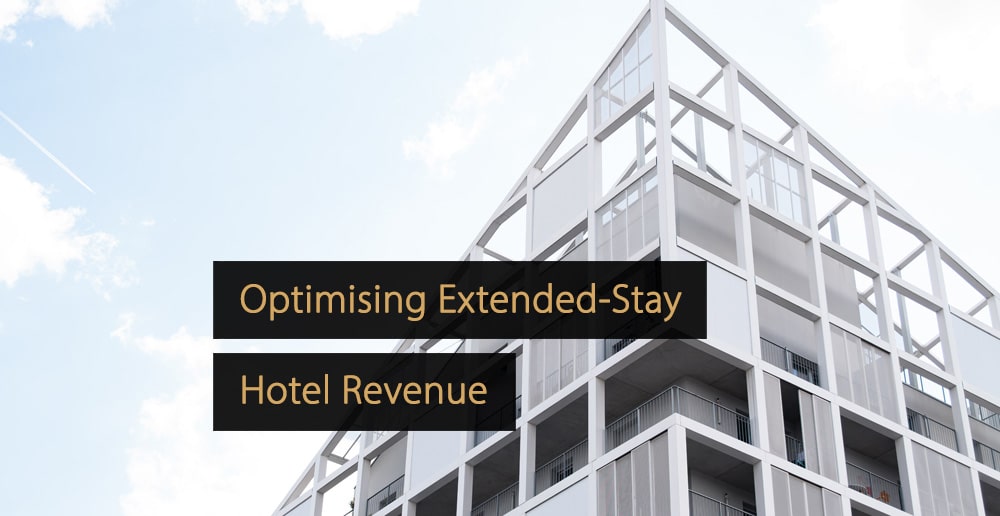

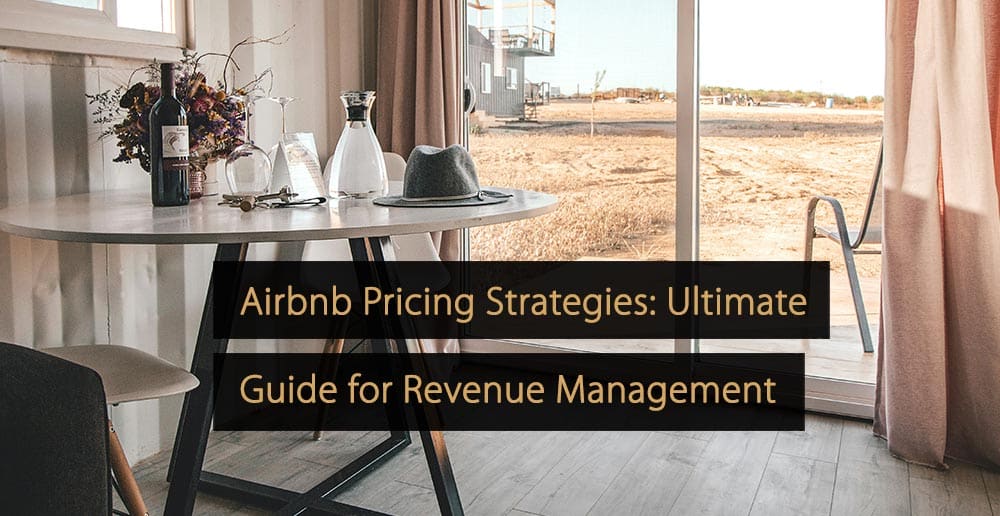
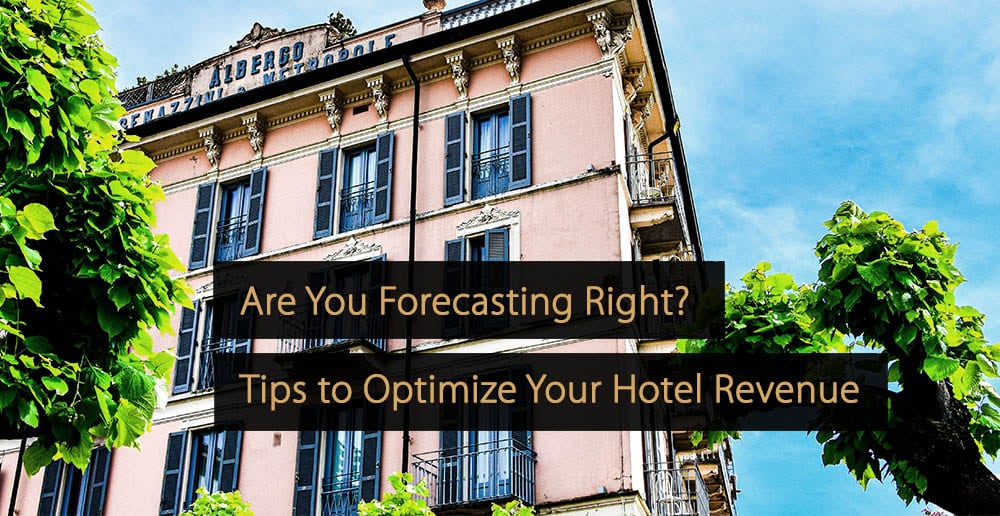
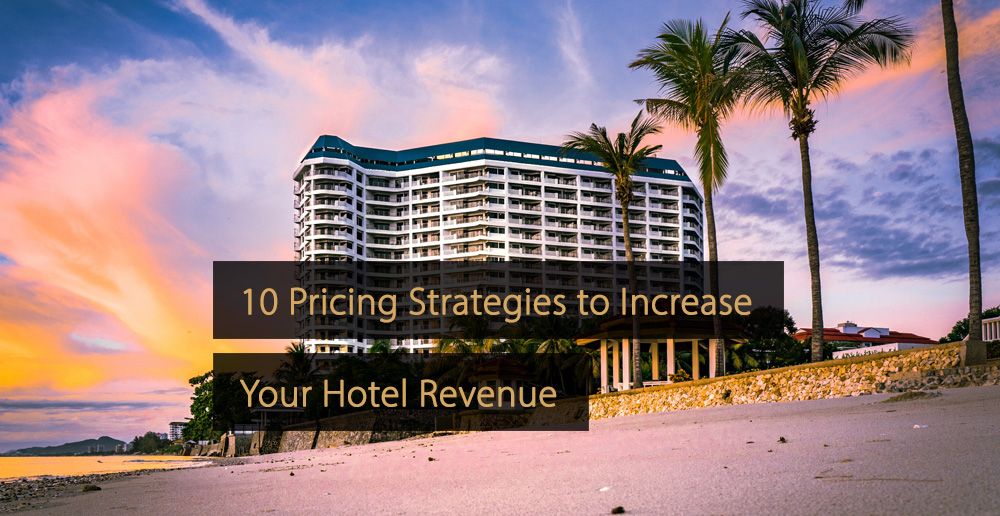
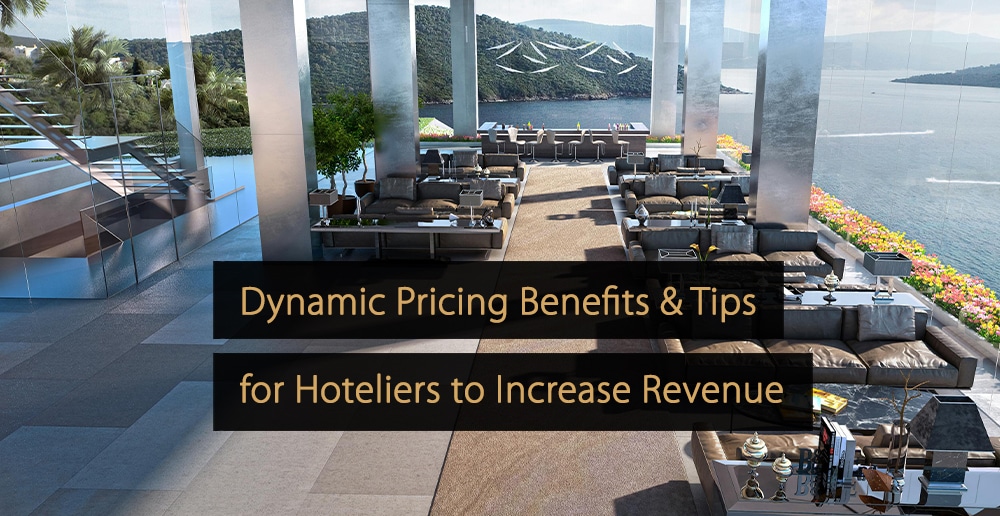
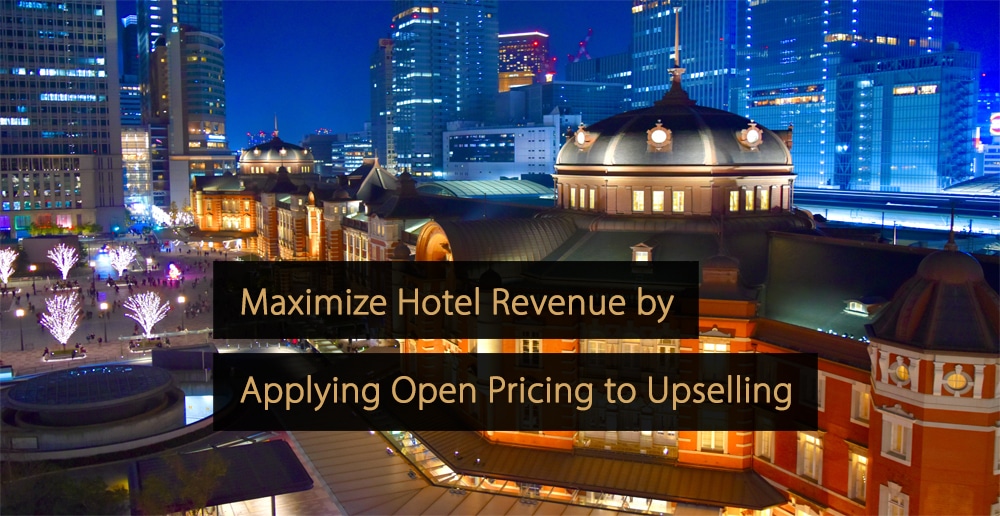
I really hope they get to recover and of course get back after the lockdowns and all. Well, I really appreciate it. Long stay hotels and apartments are really my thing since my business trips tend to really go beyond months or two.